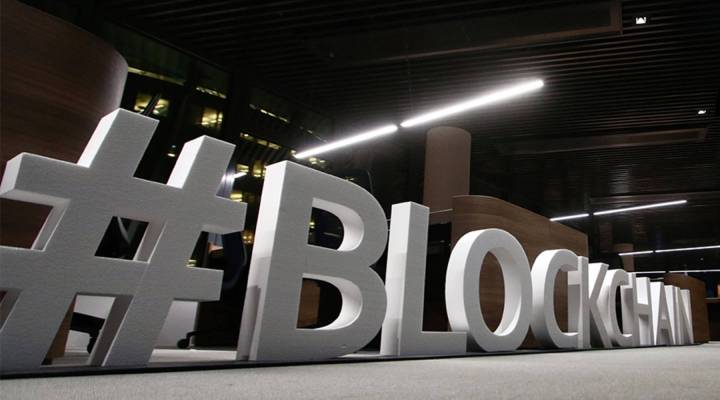
The blockchain is coming to Wall Street
The blockchain is coming to Wall Street

In 2018, ICOs, or initial coin offerings, were the hot new thing in startup fundraising. A company could raise money by selling you a little bit of value or equity in the form of a digital coin, similar to bitcoin but specific to that company. ICOs raised about $22 billion, or so we think. It’s hard to know because the practice has been unregulated. A lot of ICOs turned out to be scams. The Securities and Exchange Commission started fining celebrities like Floyd Mayweather and DJ Khaled over sketchy paid promotions for ICOs. It got weird, and now it’s regulation time. That means future ICOs and their digital coins might start to look a lot more like good old-fashioned stock, except traded on the blockchain. And that has big ramifications for Wall Street. Molly Wood talked with Kristen Howell, a partner with the law firm Fox Rothschild who helps companies create ICOs. The following is an edited transcript of their conversation.
Kristen Howell: The SEC started to really crack down on this last year largely, I think, because of massive fraud and theft. With this action, people have had to shift their approach to this ICO 2.0, also called a security token offering, where they split this token idea into two things. They issue stock as part one of this, and then part two is they maybe, they don’t have to, go have this token that does everything but stock. So on the first part of that, it’s issuing stock in blockchain form.
Molly Wood: And then it will trade on the blockchain so that you would buy and sell it as though you were buying bitcoin, but in this case it would be, you know, Kristencoin?
Howell: Yes and no. So, yes in the sense that you will buy and sell on an exchange, but you won’t buy and sell these on the current exchanges that trade, for instance, bitcoin and all these other tokens that are still out there because those exchanges are not licensed to trade securities. So a lot of really big players, including Goldman Sachs and Nasdaq and a whole bunch of other people, are in the process of building token security exchanges.
Wood: I’m hearing you say this and it sounds like there’s functionally no difference between trading a secure token and trading a stock except the possibility that the company itself is not technically public.
Howell: There’s a couple of things there. So on the trading side, I would go out on a limb to predict that all stock will be traded in some way related to blockchain or whatever the next best technology is because it’s superior to what we’re doing now. You can have a lot better transparency in the market into stock pricing, volume. You could also potentially eliminate some of the middle people where you don’t actually need all these folks in the middle, which of course brings resistance to change because broker dealers and others have a vested interest in this system. But we can have a much more seamless, actually transparent stock trading mechanism using blockchain.
And now for some related links:
- What’s doubly interesting about this idea of ICOs going legit as these so-called security tokens, and potentially changing the way Wall Street works and maybe even becoming the future of stock trading, is that everything about bitcoin was conceived to be just the opposite of that. The bitcoin community feels that part of what really killed the ICO, in addition to the scams and the fraud that everyone admits were a problem, was the threat of regulation, which is what we’re now seeing. In fact, that’s unfortunate because ICOs were a much more democratic way for potential startups to raise money without having to go through venture capital, which has its problems with access, diversity, geography and centralization. The same old gatekeepers get to keep all the power. There’s a good piece on Bitcoinist about all of this.
- The Blockchain Economic Forum is happening this week in Davos, Switzerland, alongside the World Economic Forum. Security token offerings is the topic of a roundtable discussion on the first night. Also on the agenda is central bank digital currencies, which is a bit of an oxymoron.
There’s a lot happening in the world. Through it all, Marketplace is here for you.
You rely on Marketplace to break down the world’s events and tell you how it affects you in a fact-based, approachable way. We rely on your financial support to keep making that possible.
Your donation today powers the independent journalism that you rely on. For just $5/month, you can help sustain Marketplace so we can keep reporting on the things that matter to you.


















